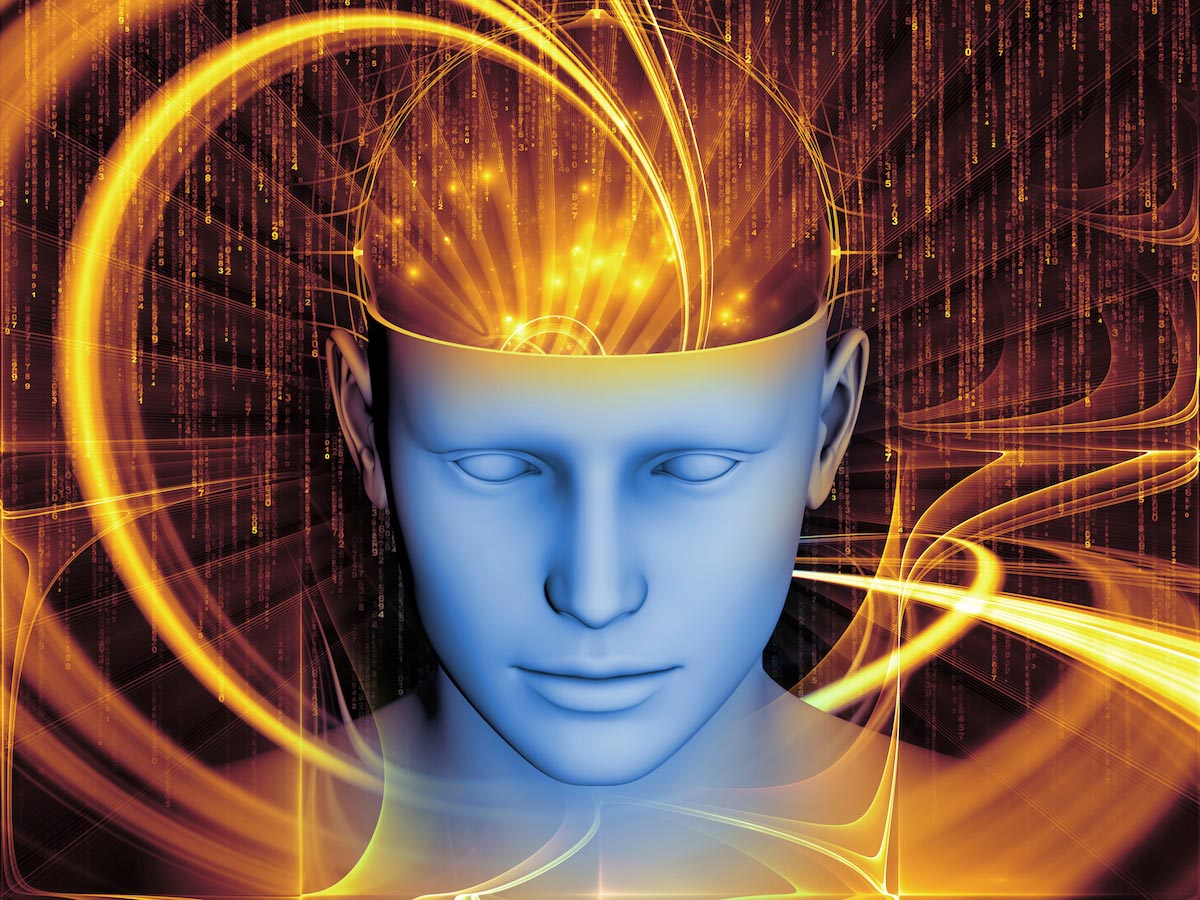
Advertisement
Your brain controls all sorts of impulses including hunger. If you hear your stomach growling, then that’s your brain telling you it’s time to eat. But how does it know that you’re hungry?
As it turns out, parts of your body such as your gut and pancreas communicate with your brain by secreting hormones that indicate you’re hungry or full. Your skeletal muscles can also talk to your brain this way to convey its energy demands. Researchers from St. Jude Children’s Research Hospital in Tennessee found that skeletal muscles may be communicating through proteins called myokines that tell your brain when it’s time to eat.
How skeletal muscles tells your brain it’s time you to eat
The researchers examined the activity of muscle-derived decapentaplegic (Dpp) in fruit flies to better understand how skeletal muscles communicate with the brain regarding feeding.
Dpp is the fruit fly equivalent of the bone morphogenetic protein 2 (BMP-2) and bone morphogenetic protein 4 (BMP-4) in humans. Both BMP-2 and BMP-4 stimulates the formation of new bones and cartilage.
Past studies suggested that Dpp could only transmit signals across short distances. But the researchers found that Dpp can also travel great distances, particularly from fruit flies’ flight muscles to their brain. They also found that Dpp regulates the levels of tyrosine hydroxylase in the brain, an enzyme that helps produce the neurotransmitter dopamine, which was linked before to feeding behavior.
The team’s experiments showed that reducing Dpp levels in the muscle increases dopamine levels and promotes feeding. Meanwhile, increasing Dpp levels lowers dopamine levels and suppresses feeding. These findings led the researchers to conclude that muscle-derived Dpp regulates feeding by modulating levels of tyrosine hydroxylase and dopamine production.
But how do these findings apply to humans? Fabio Demontis, one of the study researchers, explained, “Because Dpp has comparable proteins in humans, it may be relevant to feeding behavior and metabolic diseases in higher organisms.”
What causes hunger?
The hypothalamus, a small region in your brain located behind your eyes, helps control feelings of hunger and fullness. According to Joseph Proietto, a professor of medicine at the University of Melbourne, your hypothalamus is home to two sets of brain cells that, when activated, produce the sensation of hunger or fullness. These brain cells do so by making proteins that either cause you to feel hungry or full.
Whether you feel inclined to eat or not depends on which set of brain cells dominates at any given time. If the brain cells that induce hunger are more active at the moment, then you tend to feel hungry. Similarly, if the brain cells that inhibit hunger are more active, then you’re apt to refrain from eating.
Which set of brain cells dominates depends on the levels of certain hormones circulating in your blood at the moment. Some hormones activate the cells that make you feel hungry while others stimulate those that make you feel full. All of them come from various parts of your body that digest or store energy from food, such as your gut, body fat and pancreas.
Two of the most well-known hormones that regulate feeding are ghrelin and leptin. Ghrelin is sometimes referred to as a “hunger hormone” because it signals to your brain to feel hungry. The release of ghrelin increases when your stomach is empty and decreases when it’s full. Meanwhile, leptin is made in your fat cells and suppresses your appetite. The more fat cells you have, the more leptin your body produces.
Why you feel hungry all the time
Do you feel hungry all the time? Here are a few possible reasons why:
- You’re not eating enough protein. Protein boosts the production of hormones that promote fullness while reducing the levels of hormones that stimulate hunger. As such, you feel hungry all the time if you’re not eating enough protein.
- You’re consuming too many refined carbs. Your body digests refined carbs quickly because these foods have been stripped of their fiber. Fiber increases feelings of fullness. Without it, you tend to feel hungry more quickly.
- Your diet is low in healthy fats. Healthy fats such as monounsaturated fats take long to digest and remain in your stomach for a long time. This keeps you feel full for longer. Studies also show that eating fats stimulates the release of hormones that promote fullness.
- You exercise a lot. Intense and prolonged workouts can deplete your energy stores. Your body responds by increasing your appetite to replace the lost energy.
- You’re a heavy drinker. Alcohol inhibits hormones that suppress appetite, especially when it is consumed before or during meals.
Your brain controls hunger with the help of hormones that circulate in your body. If you feel hungry all the time, it’s important to eat foods rich in protein and healthy fats to maintain normal levels of these hormones.
Sources:
Advertisements







